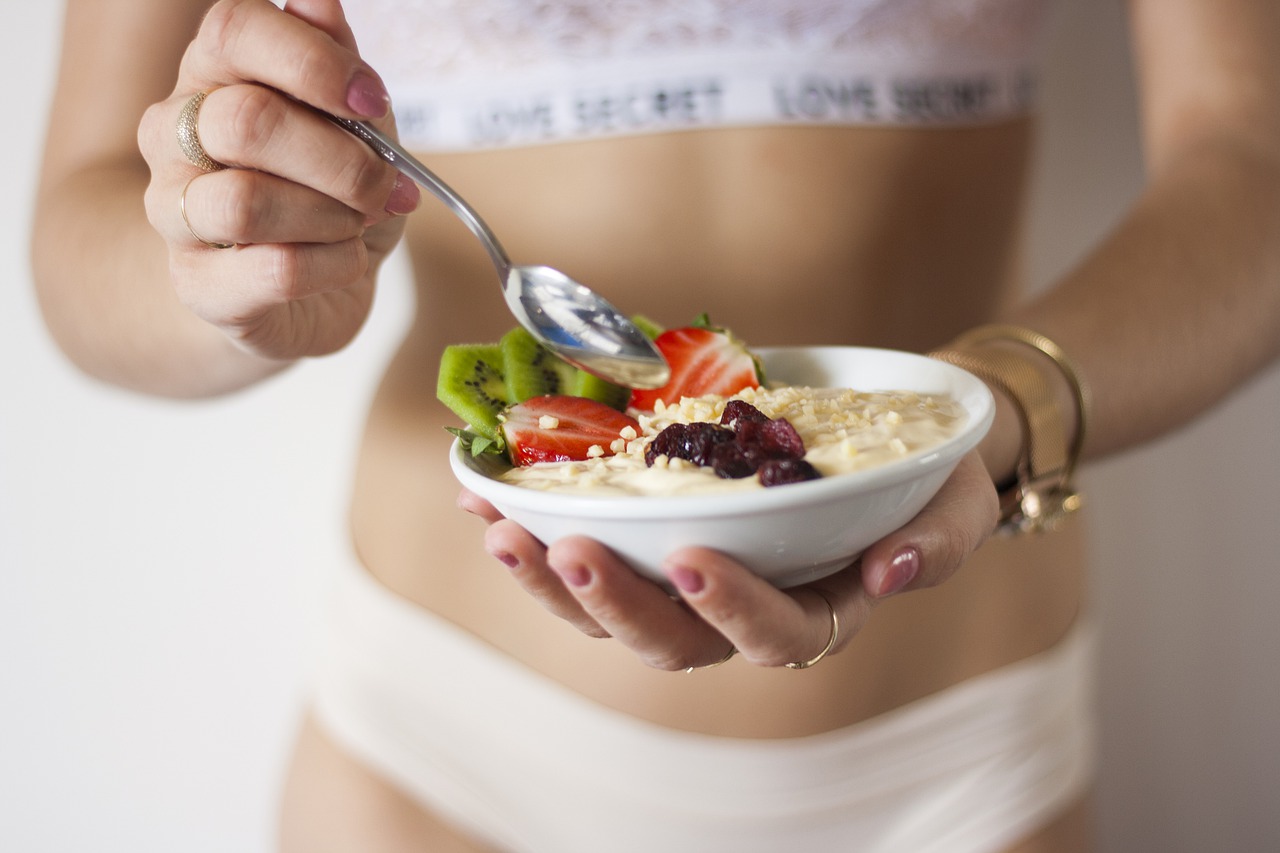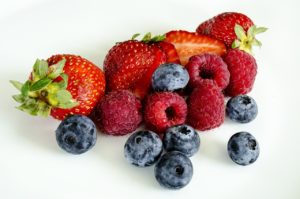
Short chain carbohydrates or, as we know them, FODMAPs, are mal-absorbed in the digestive system of those with IBS. The low Fodmap diet will help rectify that. But, even after implementing the low Fodmap diet, we could still have symptoms and that’s because there are other gut irritants that can affect the gut. Let’s have a look at them:
Caffeine
Caffeine is a stimulant which increases gut motility (the speed of the gut) by increasing the contraction of the muscles that push food through the gut. This can result in looser stools, which is not ideal for those who have IBS-D (IBS with diarrhoea) while being more helpful for those with IBS-C (IBS with constipation). However, it can cause cramping and discomfort in both kinds of IBS. Caffeine is found in tea, coffee, chocolate, cocoa, some carbonated drinks like coca cola and in energy drinks. Those with IBS-D should avoid all of these as much as possible. Those with IBS-C can use them as a tool to help with constipation, but there is a very fine line to walk before they cause issues.
Ingesting too much air
- Carbonated drinks: they contain carbon dioxide, which is ingested when you drink carbonated drinks. The last thing an easily irritated gut that tends to be gassy because of undigested Fodmaps needs is more gas.
- Drinking through a straw: when we drink through a straw, we take in the air that is already in the straw each time we suck on it. That adds up to a lot of air by the time we finish a glass of liquid. Drink directly from a glass or cup.
- Chewing gum: When you chew gum, you swallow more often and some of what you’re swallowing is air. Also, many turn to gum that is artificially sweetened because they are worried about sugar but often the sweetener the chemist makes up is more dangerous than that which comes from nature and is often high Fodmap as well. Gum has no nutritional value anyway so throw away your gum and never touch it again.
- Smoothies: Even if you manage to make a smoothie that is low Fodmap, which is tricky, you ingest a lot of air with it. The process of mixing the ingredients in a blender incorporates air into it. In fact, you will notice, your smoothie has more volume after it has been processed. That extra volume is air. Many low Fodmap websites will have low Fodmap smoothies, but those recipes are not taking into account the effect all that extra gas has on the gut. Avoid smoothies and eat whole foods without messing with them.
- Rushing your meals: when you eat fast or in stressed situations like in a car or meeting, you ingest a lot more air than when you eat in calm surroundings and take your time. You are also less likely to chew your food well when rushed so it is arriving in your stomach without the benefit of it being partially digested by the digestive juices in the saliva in your mouth. So, slow down, stop what you are doing and enjoy your meals in a peaceful way.
Fibre
Fibre is a double-edged sword. Too little and we don’t form good stools that exit easily. Too much and we irritate the gut causing bloating and discomfort. Exactly how much we need per day varies. Those with IBS-D will need less while those with IBS-C will need more, and how much more will need experimentation. There is a very fine line between feeling good and feeling bad with fibre. Some can tolerate a permitted serving of oats and chia seeds each morning while others will feel crampy and bloated from that much. Fibre is an essential part of our diet and keeps the colon healthy, so do test your limits with it and then stick to that level to stay healthy and free of fibre-induced symptoms.
Fat
In a similar way, fat is a gut irritant yet essential for good health. Every cell in our body needs fat so we mustn’t go too low in our fat consumption. Like caffeine, fat increases the motility of the gut so too much will be an issue for those with IBS-D while those with IBS-C can experiment to take advantage of this increased motility but have to be careful to avoid the bloating and cramping from having too much. Try to stick to only one source of fat per meal. For example, if you have egg, avoid cheese. If you have salmon, avoid adding mayonnaise. Make sure your ground meat is as low fat as possible – preferably only around 3% fat. And even then, don’t add an egg or cheese or mayonnaise for example. Become aware of what foods contain fat and try to avoid layering your fats in a meal.
There are other gut irritants like additives in food and alcohol but they can be avoided easily while some of those listed above are tricky because we need them in our diet and they can even be used beneficially by those with IBS-C, but too much and we suffer.
Getting rid of your IBS symptoms is complicated and requires many layers of attention where your diet is concerned. If you have tried by yourself but still have wonky bowel movements and feel discomfort after a meal, do get in touch and book a complimentary, obligation-free phone call to discuss the possibility of becoming one of my coaching clients. Book your call here after filling in the application form: https://www.strandsofmylife.com/coachingprogram/




I have been following you since day 1! even have your book. And thankyou for this additional info.
Thank you for being such a faithful follower.
It doesn’t take much to get out of line does it?
This summer I started “indulging” in ice coffee and frappes and then bringing them do sip on with a straw during the day.
There’s 1.
I’ve also been getting bored with my usual menus.
Especially oatmeal breakfast and yogurt lunch. I’m also on a new medicine which makes me not hungry so food is not very appetizing. Therefore more burgers and fries.
There’s 2
Just this morning I brought out your cookbook and then got your message!
So back to menu planning for a while and I’m adding new snacks and lunches. Like Parmesanspinich balls.
I feel in a better state already.
I’m going to give it a go for a couple weeks and then if I’m not happy I’ll set up an appointment.
Thanks so much.
It is easy to let things slide. The important thing is to know how to get back on track. Good luck.